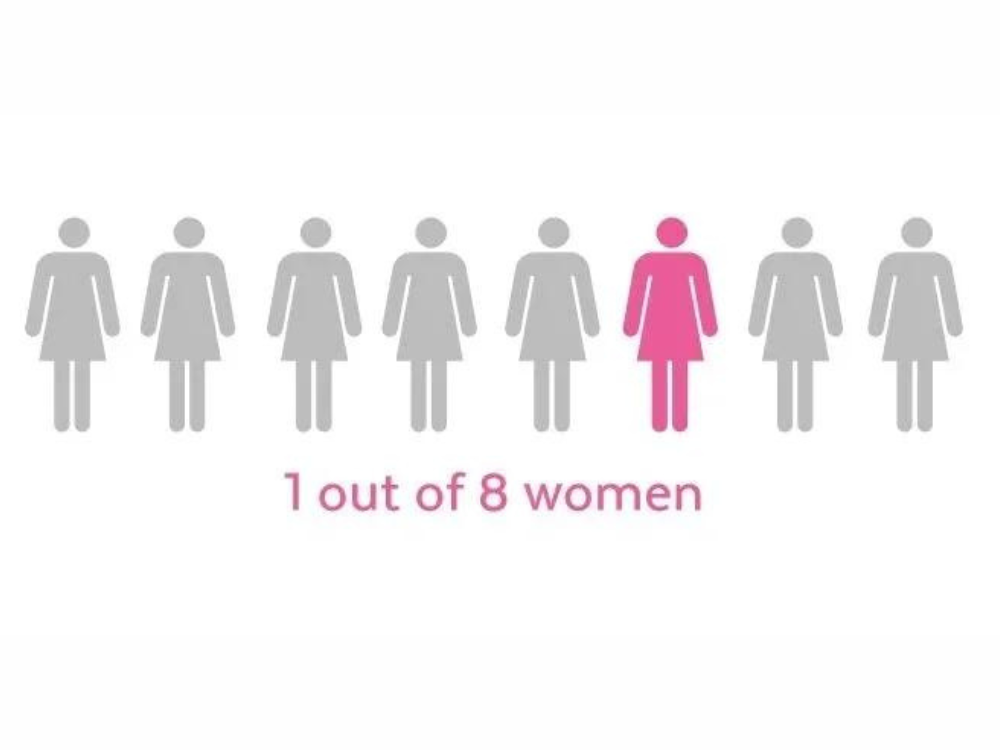Hormonal imbalances can significantly impact the risk of developing breast cancer. Several factors contribute to this risk, including:
- Use of Hormonal Oral Contraceptives (OCPs)
- Late Menopause
- Higher Age at First Childbirth
- Not Having Children
- Menopausal Hormone Replacement Therapy (HRT)
- Obesity
- High-Risk Birth Control Pills

Menopause: Understanding the Transition
Menopause marks the end of menstrual cycles and can occur naturally due to aging, typically around age 45 and above, entering a stage called perimenopause. However, other factors can induce menopause, such as:
- Chemotherapy: This can temporarily or permanently stop periods.
- Ovarian Suppression: As part of treatment, ovarian function might be suppressed, halting menstruation.
- Hormonal Therapies: Certain treatments can lead to early menopause.

Menopause occurs when the body's production of female hormones decreases significantly. Common issues related to menopause include:
- Hot Flushes: This is one of the most common side-effects, affecting 80% of women, particularly those whose periods stop suddenly due to treatment. These can be managed by dressing in layers or taking medications like SSRIs (consult your doctor before use).
- Vaginal Dryness, Itching, and UTIs: These symptoms are common side effects of treatment. This can also cause discomfort during urination and intercourse.
- Vaginal Stenosis: This condition, characterized by the narrowing and shortening of the vagina, can make intercourse difficult. Consult your doctor if you experience these issues.
- Infertility
- Bone Health Issues
Managing Side-Effects of Menopause: Tips and Precautions
- Avoid Over-the-Counter Lubricants: Use lubricants in consultation with your doctor.
- Avoid Products with Artificial Fragrances and Parabens
- Coconut Oil: Effective for itching but incompatible with latex condoms.
- Hyaluronic Acid-Based Non-Hormonal Agents: These can reduce local burning and itching.
- Using hormones on local areas like vaginal estrogen can be useful, but consult your doctor before using this. It is recommended when non-hormonal methods fail. Using hormones locally mostly does not mix with your bloodstream, hence may not impact the risk of reoccurrence, but consult your doctor to help you balance the risk of recurrence with quality of life improvements.
- Maintain vaginal hygiene. Use vaginal washes, creams, and lubricants as advised by your doctor.

Bone Health During Menopause
Loss of estrogen can lead to decreased bone strength, especially during hormonal therapy. To combat this:
- Consume a Calcium-Rich Diet and supplements.
- Include supplements with Vitamin D.
- Exercise Regularly
Tamoxifen and Uterine Health
Tamoxifen has anti-estrogen effects on the breast but can act as an estrogen on the uterine lining, leading to potential thickening and abnormal bleeding. This can progress to cancer. Regular ultrasounds, ideally twice a year, are crucial to monitor the uterine lining.

Birth Control and Reproductive Issues
For those concerned about birth control and reproductive health during and after breast cancer treatment:
- Non-Hormonal Birth Control Methods: Barrier methods like condoms are safe.
- Timing for Pregnancy: Wait at least 2 years after diagnosis, 3 months post-tamoxifen, and 7 months after trastuzumab before planning a pregnancy.
- Post-Treatment Pregnancy: If not on any of the mentioned medications, wait at least 2 years after completing treatment.
- Consult Your Doctor: Always keep your doctor informed when planning for pregnancy.
Understanding the interplay between breast cancer, hormones, and menstrual health can help manage risks and maintain overall well-being. Always consult healthcare professionals for personalized advice and treatment plans.
We, at Canfem, are working towards improving quality of life of cancer patients and survivors. Please contact us at +91-96531 36847.



